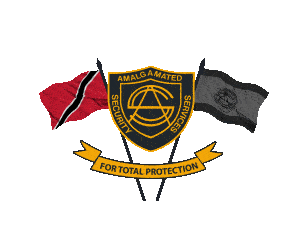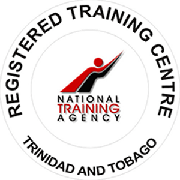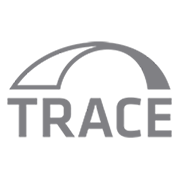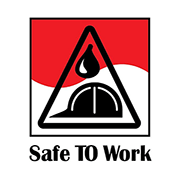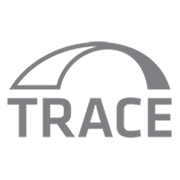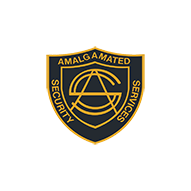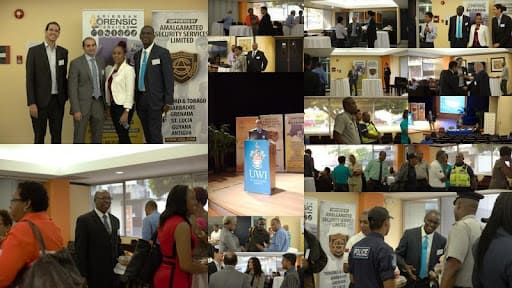
On March 22nd – 23rd, 2017, the University of the West Indies, St. Augustine Campus hosted its 3rd Biennial Department of Behavioural Sciences Postgraduate Conference: An interdisciplinary conference for faculty and students at the Learning Resource Centre (LRC).
The Department of Behavioural Sciences (DOBS) invited faculty members and students from campuses across the region and international universities, governmental ministries, private sector companies, stakeholders and the general public to join them in an academic conference titled “ The Importance of Social Sciences research in the Caribbean: Alleviating Inequalities/Integrating Approaches”. Director and Head of Caribbean Forensic Services, Maurice J. ABoud, PhD. presented a paper on Understanding the Impact of Forensic Science on the Criminal Justice System, see excerpt below:
Understanding the Impact of Forensic Science on the Criminal Justice System Maurice J. Aboud, PhD.
1* 1Caribbean Forensic Services, 11 Taylor Street, Woodbrook, Trinidad & Tobago
After attending this presentation, attendees will understand the impact of forensic science on the criminal justice system. Attendees will gain a greater appreciation for forensic science, its applications and how it can be used to help assist the fight against crime.
In the Caribbean Region, we are facing some challenging times with regard to crime and its impact on our society. Law enforcement agencies and the criminal justice system are inundated with casework and public pressure for higher conviction rates. Forensics Science can provide one such avenue to assist law enforcement agencies, the criminal justice system and increase the public’s confidence in the overall justice system. The purpose of forensics science is to assist in proving that a crime has been committed, establish key evidence of a crime, help identify a suspect or victim, put the suspect and victim into contact at a crime scene and corroborate suspects or victim’s testimony.
It is important to understand how forensic science can aid in converting evidence to valuable information which is then used in the criminal justice system for prosecution, conviction and exoneration. Law enforcement agencies spend a great deal of effort and time trying to collect forensic evidence starting from the crime scene and throughout the entire investigative process. While in the Caribbean region there are shortfalls in many of the steps within the process, the focus of this discussion would be understanding the impact it has and not analysing the deficiencies, although some may be highlighted throughout the discussion.
Prosecutors on the other hand have a greater inclination to move forward with a case if forensic evidence is present, as it provides them with a “smoking gun” to help prove a suspects’ guilt. The need for forensic evidence ultimately trickles down to the jurors who “expects” forensic evidence and without it raises an addition form of doubt that may or may not exist.
In summary the use of forensic science can have a great impact for law enforcement agencies and the criminal justice system which ultimately can yield to higher public confidence and greater social coexistence.
